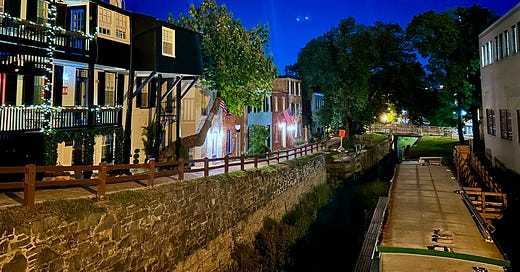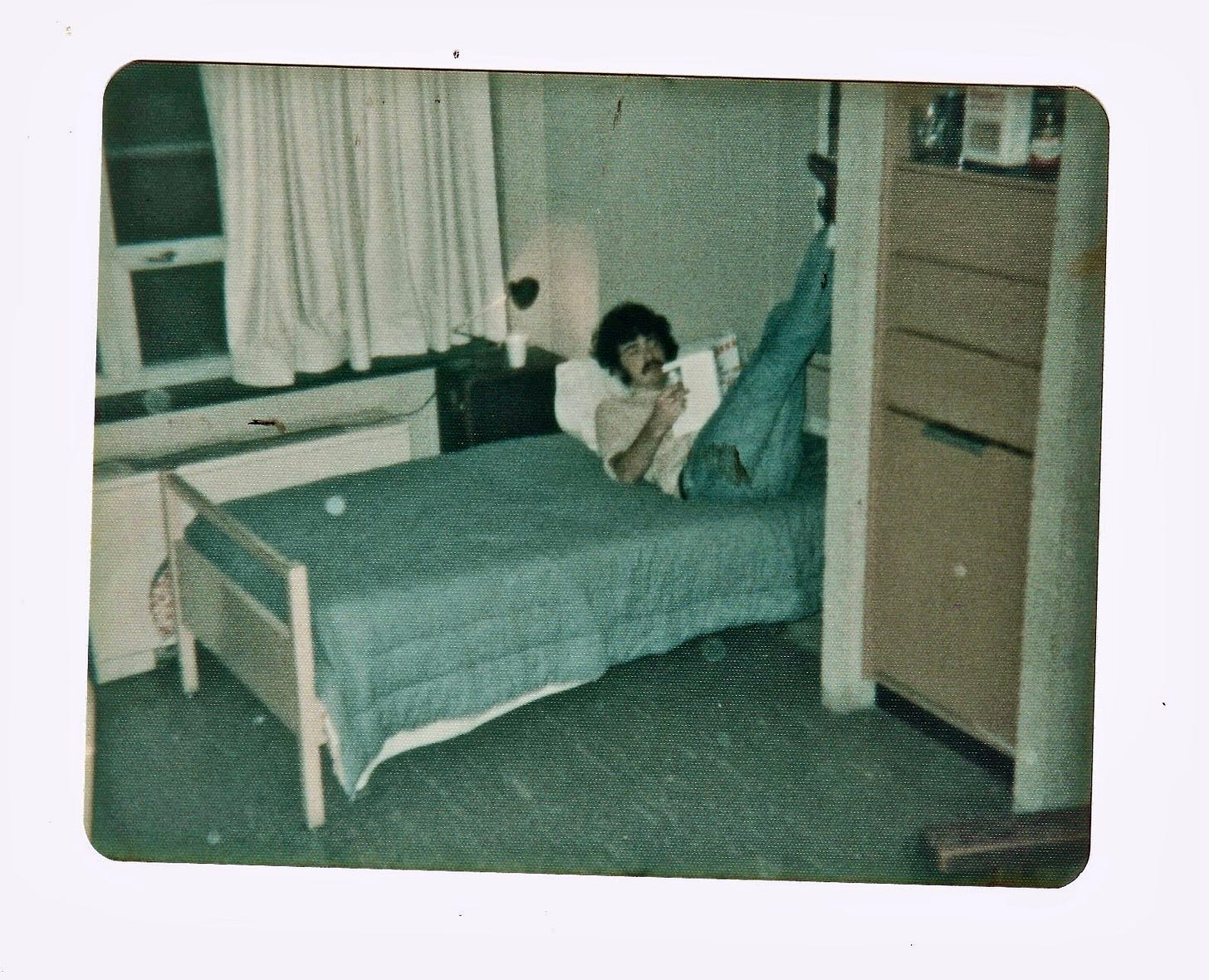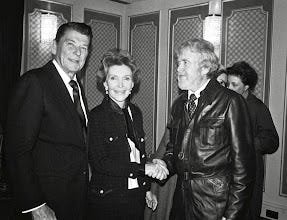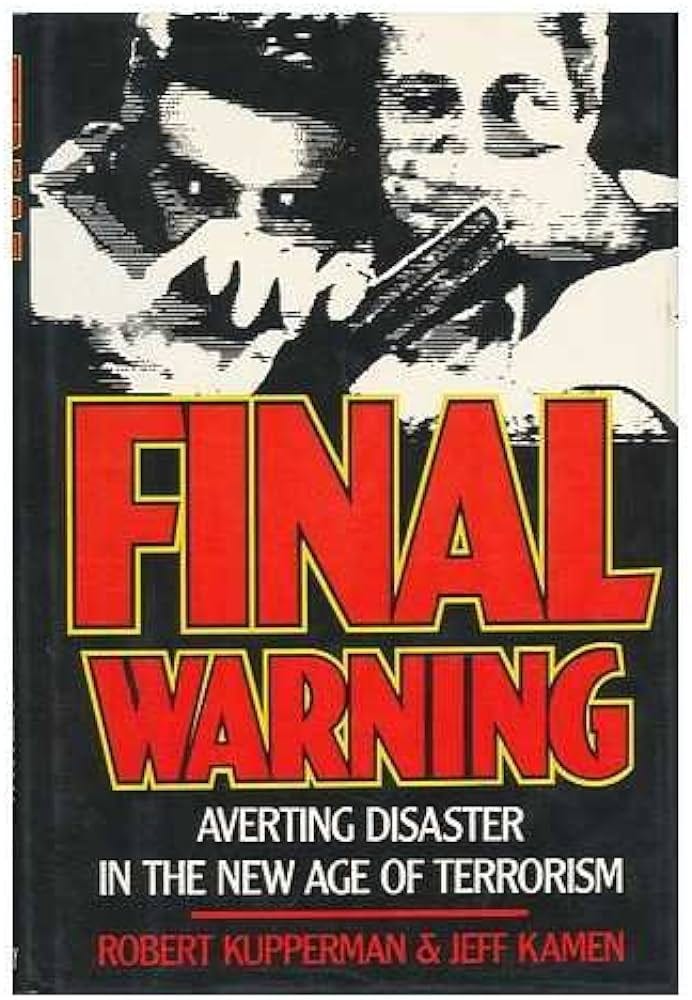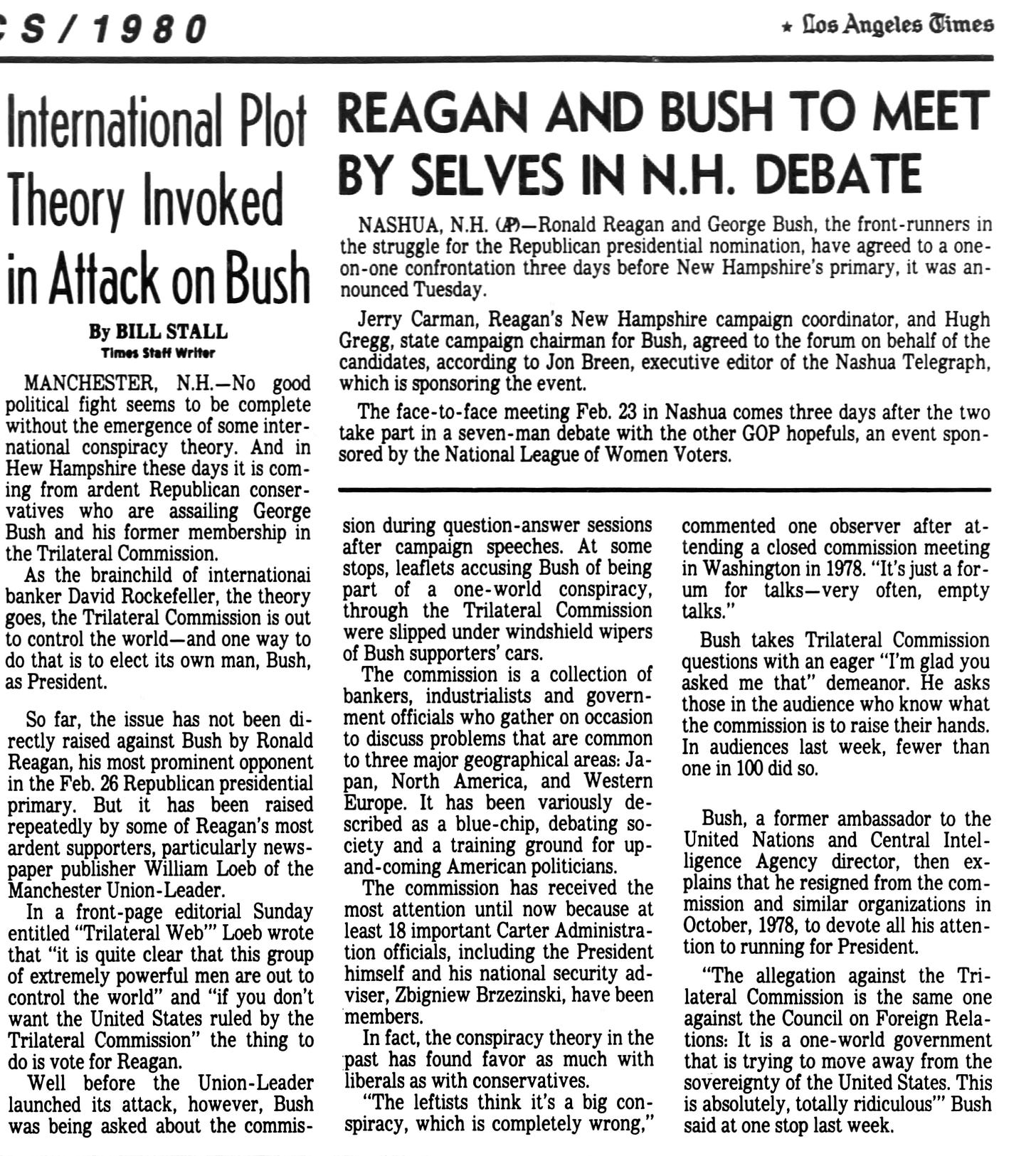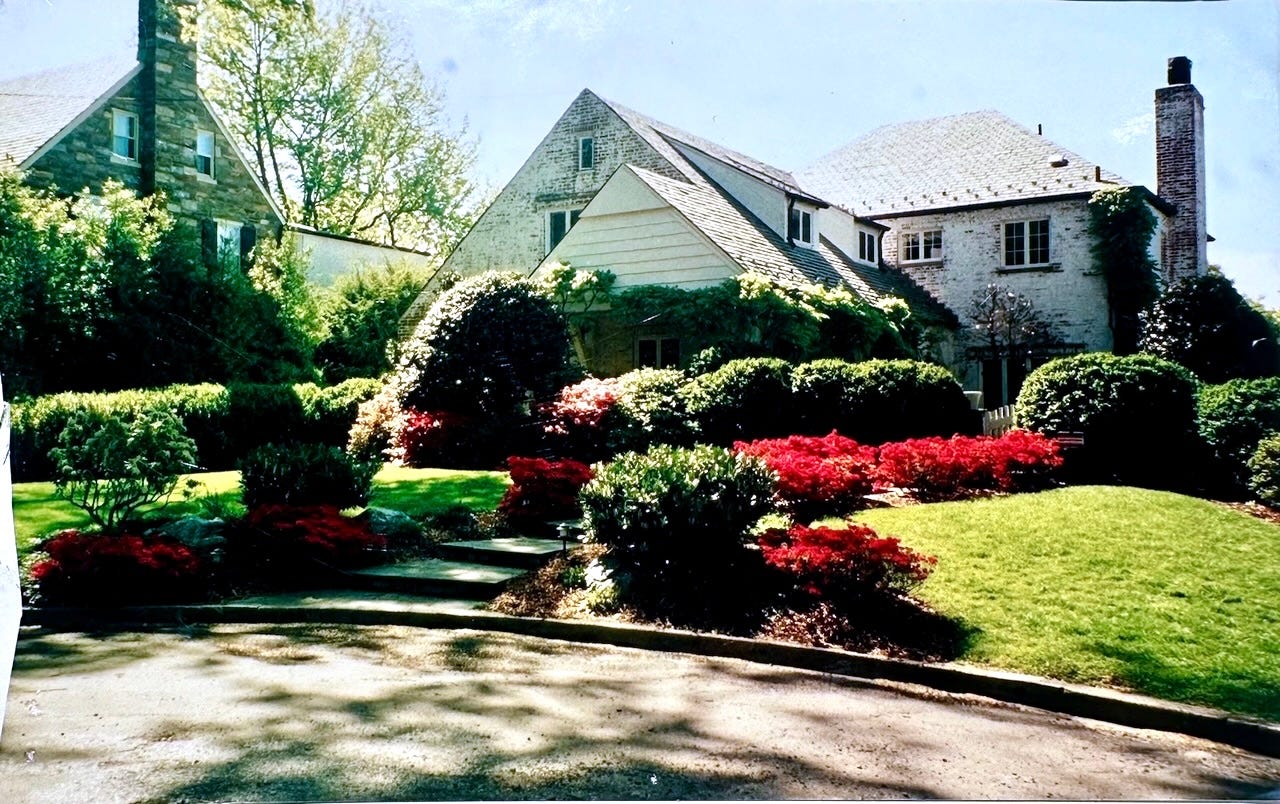I first moved to Washington, D.C. in September 1975 to attend American University (AU) while Gerald Ford occupied the White House.
Researching the Bilderberg Group for a term paper in Dr. Abdul Said’s famed course on international relations that autumn, my letter to President Ford (who attended two Bilderberg Meetings) earned a written response from a State Department "Public Affairs Adviser." Francis Seidner advised me to mind my own business.
The budding journalist I was (the second rule of reporting, after facts, is perseverance), I phoned Seidner to clarify his advice. He became rather snotty after I suggested that Ford had not been elected president (which, of course, he hadn't).
I was still at AU when Jimmy Carter was running for president. Of all the candidates (most of whom came to speak at AU), Carter was the smuggest; the only candidate selling campaign buttons instead of giving them away.
I would later understand why, as my investigation evolved from Bilderberg to the Trilateral Commission, from whose American contingent (supported by globalists) Jimmy quietly garnished big money and subliminal Establishment support while mainstream media pretended not to notice and instead asked, Jimmy who?
But Carter’s presidency was ill fated and Ronald Reagan replaced him in the White House in January 1981.
Not two months later, I was in DC to cover the Trilateral Commission’s annual confab for an Australian radio program when Reagan got shot.
And then I spent the rest of Reagan’s presidency in London and in the vicinity of Manhattan, where I operated as a literary agent, peddling books by Washington insiders, including former CIA Director William Colby and terrorism-studies pioneer Robert Kupperman.
George Bush occupied the White House when I moved to the DC-area in August 1990 and settled into the Westgate neighborhood of Bethesda, Maryland.
Much earlier (April 1979), I interviewed Bush inside his suite at the Madison Hotel when he was running for president against Reagan and Carter. Bush was having lunch by himself in the Madison’s café when I approached him to explain that I was his next scheduled appointment.
Bush graciously asked me to sit down, the gentleman he was, and we were able to chitchat for a short while before heading upstairs to do the interview, during which he became defensive and agitated when I questioned him about his membership in the Trilateral Commission.
Soon after, William Loeb, publisher of the Union-Leader, New Hampshire’s most influential newspaper, made an issue of Bush’s Trilateral Commission membership, which Ronald Reagan exploited into a surprise victory in that state’s important primary, propelling him to become the Republican nominee. As consolation to the globalists (and to ensure a landslide victory against Carter), Reagan made Bush his running mate.
Eleven years later, after Bush followed Reagan into the White House, he openly acknowledged the existence of a (globalist) “new world order,” previously reported by mainstream media to be a “conspiracy theory.”
Twenty months thereafter, Bill Clinton beat Bush after ingratiating himself with globalists at a Bilderberg Meeting, to which he was invited by Bilderberg steering committee member Vernon Jordan.
I was cynical about Bubba’s presidency from the start, delighted when another Bush replaced him in the White House. Not because I believe in political dynasties (I do not), but I felt the White House needed adult supervision. And I also felt Clinton’s national security policies were useless, based on my experience operating undercover for FBI Counterintelligence, which kowtowed to political pressure from Bubba’s Department of Justice.
We have Clinton to thank for 9/11 and the rise of Vladimir Putin. (He was, of course, gone from the White House by then, but he laid the groundwork for what would soon transpire.)
During the brouhaha over the Bush-Gore vote, television news reported that pro-Bush protestors were assembled outside the Vice President’s Mansion, where Al Gore lived, chanting, “Get out of Cheney’s house!”
I drove straight own Massachusetts Avenue to the alleged event and found that the vicinity outside the mansion was crickets—the beginning of fake news?
By then, I resided on a quiet cul-de-sac in Wesley Heights, in a house known by my teenage daughter’s friends as Moon Tower because of the parties I allowed her to throw. Al Gore, Jr. showed up to one of them—and I had to configure a contingency plan for where to hide him (for his own protection from bad publicity) if noise complaints from neighbors resulted in a police visit and they discovered an underage keg party.
When I put Moon Tower on the market in late 2000, First Lady Hillary Clinton (scouting a post-White House DC residence) came to view it, escorted by a full motorcade that left my neighbors in awe. Hillary apparently loved Moon Tower and considered buying it. But the dining space was not conducive to large dinner parties so instead she purchased a house near Embassy Row.
I was living in Montecito, California when Barack Obama got elected president. I thought he was unqualified and that his election was an Obamaration. Little about his presidency ever dissuaded me from my first impression.
And then the country that invented Reality TV got exactly what it deserved.
The person most responsible for Donald Trump’s election was Hillary Clinton and her two-step program: One, collusion with the Democratic National Committee to sabotage Bernie Sanders. Two, connive to edge Trump ahead of the pack on the basis that he would be the easiest Republican to beat.
Hillary's bluster about Russian manipulation and American misogyny about having a female as president is pure bunkum. The USA in 2016 was ripe for a female president. Just not her.
And though Russia tried to influence our election (as we try to influence theirs and many others around the globe), Vladimir Putin’s dream of causing a second U.S. civil war did not come true (though the division that ensued was his delight).
But what you truly need to know about Washington, D.C. is this:
Presidents come and go. Insider Washington endures and mostly prevails.

